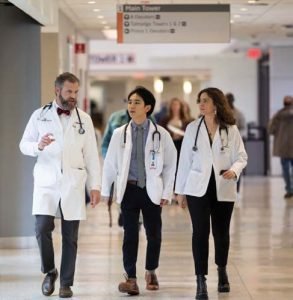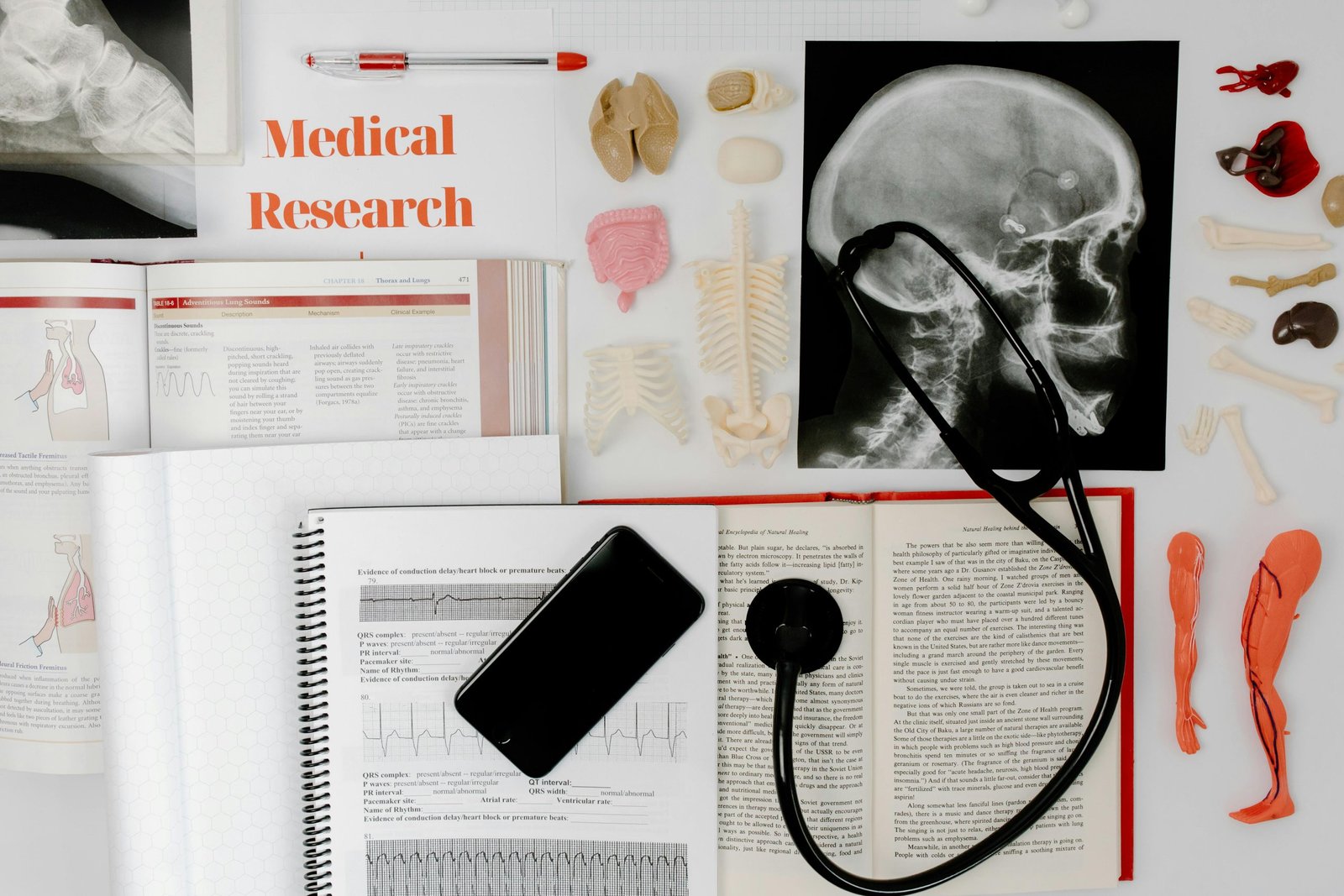A new medical school at the University of Georgia (UGA) will address health care disparities by creating a pipeline of physicians for populations across the state. This influx will help meet the ongoing need for providers in underserved and rural Georgia communities.
Following approval in February by the University System of Georgia Board of Regents, the new school, headquartered at UGA’s Athens campus, will be the second public medical school in the state.
It will build on efforts by UGA and Augusta University’s Medical College of Georgia (MCG) — the only existing public medical school — to address Georgia’s chronic shortage of physicians.
In 2010, the two institutions launched the AU/UGA Medical Partnership, which created the medical campus in Athens. The new plan will gradually transition this partnership to become an independent medical school, separate from MCG and spearheaded by UGA.
Before the initiative can launch, leaders need preliminary accreditation from the national Liaison Committee on Medical Education. Design and construction plans are under development, with $50 million in funding earmarked for the project by Republican Gov. Brian Kemp.

MD
Leaders are working to launch as quickly as possible, says Shelley Nuss, MD, founding dean of the new school, campus dean of the AU/UGA Medical Partnership, and associate dean for graduate medical education.
“The doctor shortage in the United States has been growing for quite some time,” she says. “In Georgia, it’s really no different. In fact, [the state has] some of the worst metrics in the United States in terms of the numbers of doctors per capita.”
Although program specifics are still under development, in terms of enrollment, Nuss says the medical school wants to create a diverse class of students with a holistic admissions process that looks beyond medical test scores and GPA.

“I think it’s about looking at the whole person, and how do we get the right people here that are going to be the best doctors that they can be,” says Nuss. “[Diverse representation] brings a broader perspective on every topic that we teach in medical school, [and] I really do believe that people like to go to doctors that are culturally like them; that’s what I have personally found. I think having a diverse workforce [benefits] everybody.”
everybody.”
Not only will the new school increase the number of doctors across the state, but Nuss says it will advance medical research and improve health outcomes for Georgians. Leaders will take inspiration from the AU/UGA Medical Partnership curriculum, which is focused on real patient cases, active learning, and an integrated education across courses.
Local partnerships with hospital systems and private practices will continue to advance clerkship opportunities for students, allowing them to learn various specialties from preceptors across Georgia. this is essential, as mentors and role models greatly impact a student’s specialty selection, Nuss says.

The program will also build upon the Archway Partnership, an effort by UGA to address critical community and economic development needs, and work by the AU/UGA Medical Partnership operating the Athens Free Clinic, which offers free and low-cost primary health care.
“We hope through the [collaborations] and through the work that UGA’s done before, that we can create partnerships across the whole state to help address some of the health outcomes in [critical] areas,” says Nuss. “Everyone needs to be able to have access to high-quality care.”





















